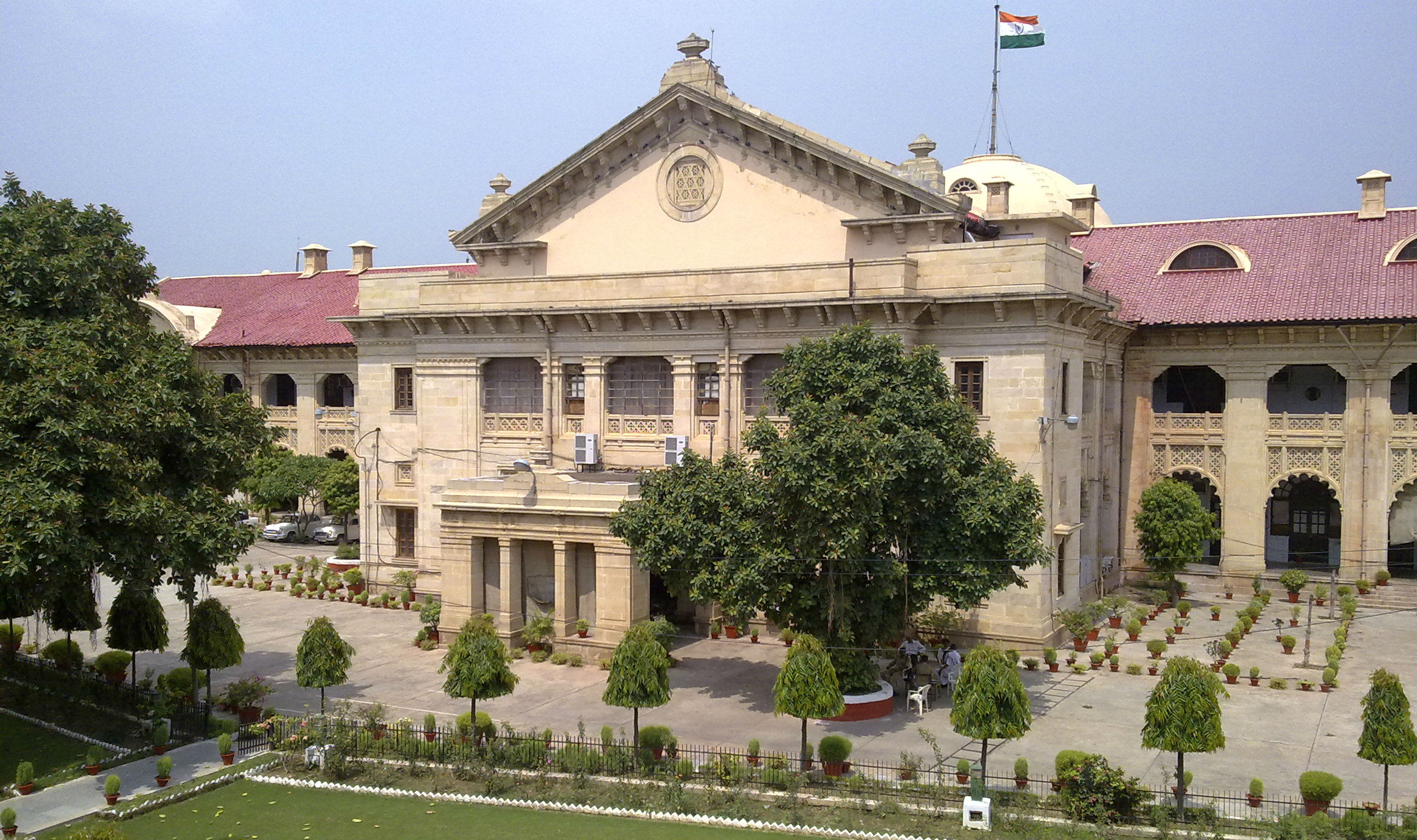'Azaan is part of Islam but loudspeakers are not’: Allahabad High Court bans Azaan through loudspeakers

TCN News
Allahabad: In a move that is bound to raise controversy, the Allahabad High Court on Friday banned the use of loudspeakers for Azaan from the mosques. The court said that ‘azaan’ was part of Islam but using loudspeakers were not a part of the religion, and only human voice can be allowed.
The Uttar Pradesh state government had told the court that even the recitation of Azaan by human voice was violative of the law.
However, the court shot down the state government’s contention.
The bench comprising Justice Shashikant Gupta and Justice Ajit Kumar gave this ruling on separate petitions filed by BSP MP Afzal Ansari and Syed Mohd Faizal of Farrukhabad.
Afzal Ansari, MP from Bahujan Samaj Party’s Ghazipur constituency had filed a petition seeking legal intervention for the prohibition of Azaan in UP’s masjids in April. He wrote that masjids in Ghazipur and Farrukhabad districts in UP had been receiving disregard from local police and other communities for azaan during the month of Ramadan.
The petition noted that as a part of the Ramadan ritual of dawn prayers and evening prayers, azaan is an essential practice and in no way violates the guidelines in place for the safety of all during the Coronavirus lockdown.
In the PIL, Ansari added that he had contacted local magistrates in response to the prevention of the use of loudspeakers in masjids and subsequent police intimidation of Muslims but to no avail.
Before any hearing could take place, a counter affidavit was filed in the first week of May by the State with a completely contradictory position claiming that azaan had been prohibited for the entire lockdown keeping with the directive that all religious places should be closed starting March 24.
However, it must be noted that only congregational prayers during Ramadan were strictly prohibited and azaan was allowed as it required only the ‘muezzin’ who resides in the masjid premise.
The State claimed that azaan through mics count as noise pollution and affect people sleeping at pre-dawn hours.
The State petition against Ansari’s also referred to the rights of an individual’s sleep as basic freedom of living to support the ban on loudspeakers.
Many other suggestions followed where questions like religious freedom and freedom of living were debated until the Allahabad High Court arranged a video conference hearing on Friday for final settlement of the matter.
The court said that using loudspeakers for ‘azaan’ was an infringement on the rights of others “since it disturbed their sleep”. The rights of one person must not infringe on the rights of others, the court observed.
“We are of the opinion that azaan may be an essential and integral part of Islam but its recitation through loudspeakers or other sound-amplifying devices cannot be said to be an integral part of the religion warranting protection of the fundamental right enshrined under Article 25, which is even otherwise subject to public order, morality or health and to other provisions in part III of the Constitution,” the bench ruled.
“It cannot be said that a citizen should be coerced to hear anything which he does not like or which he does not require since it amounts to taking away the fundamental right of other persons,” the bench added.
The court allowed the ‘muezzin’ of the mosques to hold ‘azaan’ without loudspeakers.
“The government has not been able to explain as to how the recitation of azaan merely through human voice can be violative of any provision of law or any guidelines issued in view of Covid-19 pandemic,” it said.
Watch the interview with Maulana Syed Athar Dehalavi on Allahabad High Court decision on Azan without loudspeaker interviewed by Yousuf Ansari:
